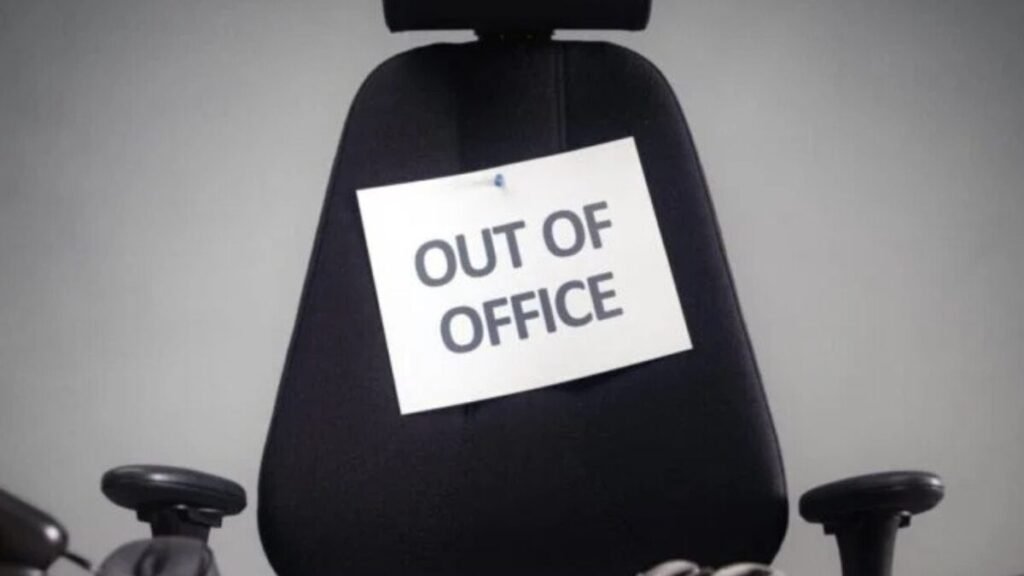“The Transformation of Work as We Currently Understand It”

For centuries, work has been a defining factor for individuals, providing identity, purpose, and a place in society. However, with the rise of AI-driven economies, the landscape of work is rapidly changing. In a series of interviews with experts across various sectors, a complex and sometimes contradictory picture emerges, highlighting both promise and peril, efficiency and exploitation, as well as the looming threat of unemployment and the preservation of human dignity.
Efficiency and Experience in the AI Economy
From a top-down perspective, the adoption of AI in corporations is driven by a quest for efficiency and profitability. Dr. Elijah Clark, a consultant specializing in AI implementation, emphasizes the excitement among CEOs for the opportunities AI presents. He notes how AI eliminates concerns about strikes or salary increases, leading to the displacement of human workers in favor of automation to maximize efficiency.
Similarly, Peter Miscovich, Global Future Leader at JLL, views AI as an accelerator of a trend that has been evolving over the past few decades. He observes a shift towards ‘experience workplaces’ in sales and real estate sectors, characterized by flexible, technology-driven environments designed to attract and retain talent. However, despite the appeal of such workplaces, there is a stark reality of companies planning significant reductions in their workforce.
The Human Cost of the AI Economy
Contrasting the perspectives of executives and consultants are those directly impacted by the AI economy. Adrienne Williams, a former delivery driver and warehouse worker at Amazon, describes a ‘new era of forced labor’ where individuals unknowingly contribute to training AI systems through their daily activities. The exploitative conditions faced by workers engaged in data labeling and annotation tasks highlight the hidden human cost of AI-driven growth.
Krystal Kauffman, a researcher at the Distributed AI Research Institute (DAIR), sheds light on the psychological toll and inequities faced by gig workers in the AI ecosystem. From content moderation challenges to physical health risks in warehouse settings, the impact of AI extends beyond automation to affect the well-being and livelihood of individuals.
Preserving Human Dignity in the Face of Automation
Amidst the technological upheaval, advocates like Ai-jen Poo champion the value of ‘care work’ as a fundamentally human occupation that technology cannot easily replicate. By emphasizing the importance of supporting the quality of work and life through technology, Poo underscores the need to prioritize human dignity over mass layoffs in the evolving AI landscape.
Poo argues that there is a need to reconsider our economic priorities. She proposes creating a new safety net that would ensure workers have access to essential services such as healthcare, paid vacation, paid leave, affordable childcare, and long-term care. Additionally, Poo suggests increasing the minimum wage to enable workers to afford basic services like electricity.
For those working within Poo’s perspective, their job is more than just a means of income – it is a calling. Despite the average income for caregivers being $22,000 a year, many see their work as a calling that deserves economic security and dignity.
Two possible paths: inequity or democratization
Conversations with experts highlight two potential futures for the workforce: one marked by uncontrolled technological determinism where AI leads to increased profits, job losses, and deepening inequality. On the other hand, there is the potential for a more democratic and human-centered future where technology serves human needs and values. Ai-jen Poo believes that democratizing AI can empower working-class individuals to shape tools and have their voices heard.
Krystal Kauffman also sees hope in the rise of worker organizations that resist the efforts of companies to keep workers marginalized.
Finding meaning in the post-labor world
Ultimately, the question at hand revolves around values: should the economy prioritize generating wealth for a few, or should it strive to create a society where everyone can live decently and meaningfully? While CEOs prioritize growth and profits, Poo emphasizes the importance of work providing a sense of pride, belonging, and influence over one’s future.
Our thoughts
The concern is not solely about whether machines will replace human labor, but whether they will erode our identity. Warning signs are evident as companies develop systems that devalue workers, leading individuals to believe their skills and humanity are replaceable. It is imperative to make decisions now to regulate laws, establish safety nets, recognize data work as labor, and appreciate work that cannot be automated, such as caregiving.
Time is of the essence, as AI is being used to reduce workforces immediately. The question is no longer whether this change will occur but whether we will allow it to redefine what it means to be human.




